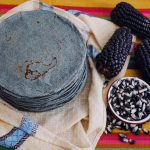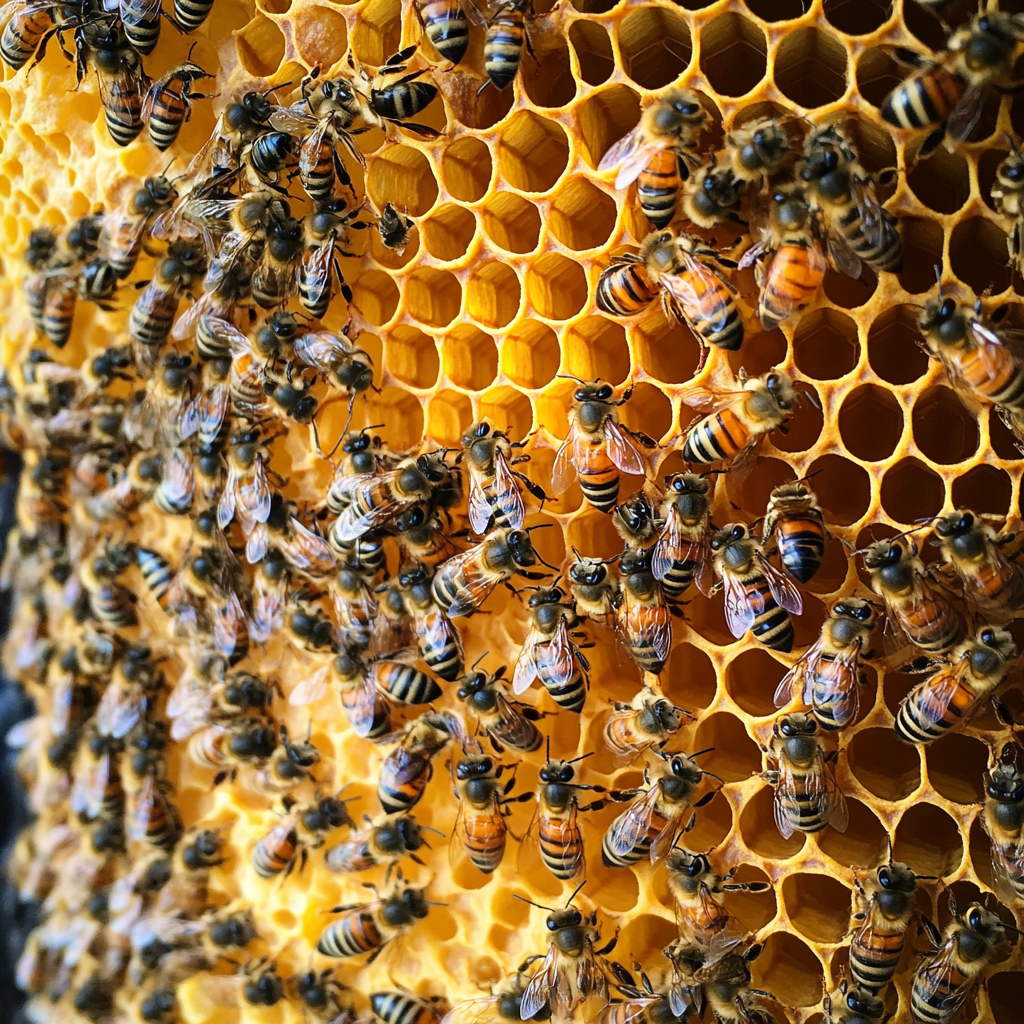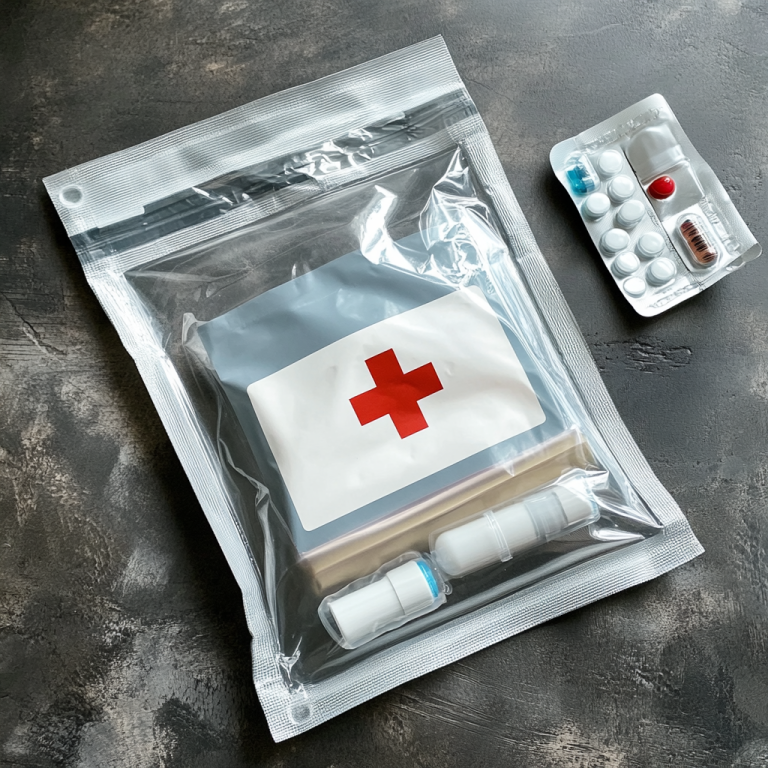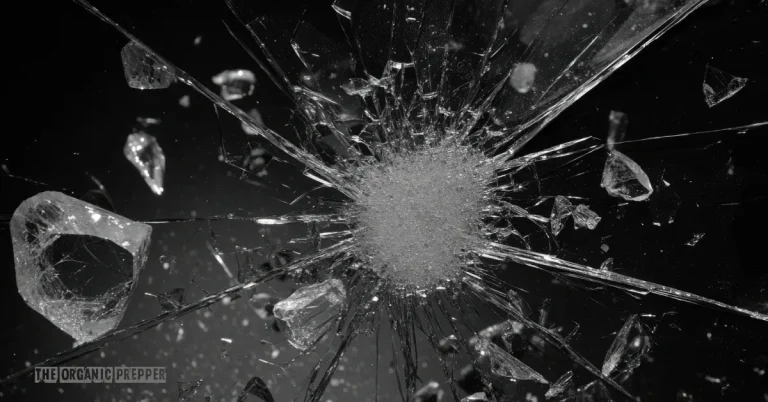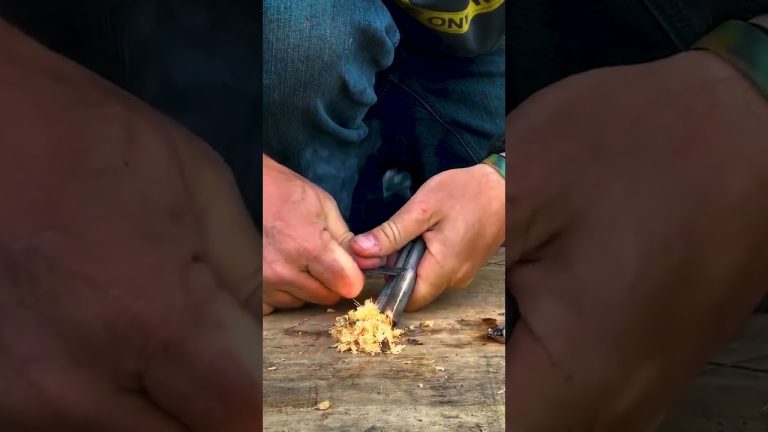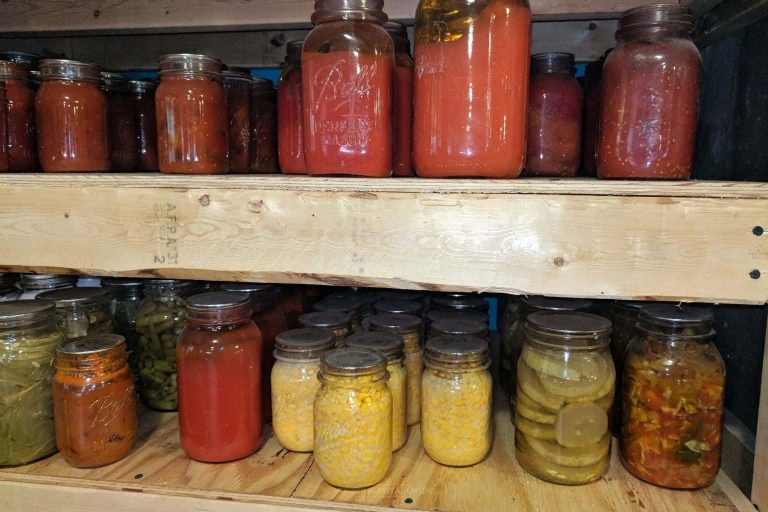Raw honey is both nutritious and medicinally beneficial
Honey: A Prepper’s True Friend
When it comes to Food Preparedness (Principle #8 in the 10 Principles of Preparedness) one golden elixir stands out for its remarkable versatility and longevity: honey. This sweet substance, revered since ancient times, offers far more than just a way to satisfy your sweet tooth in times of crisis. From its eternal shelf life to its surprising medicinal properties, honey is a multifaceted tool that deserves a prime spot in every survival kit and long-term food storage plan.
Shelf-Life of Honey
Let’s start with honey’s most astounding feature: its immortality. Archaeologists have unearthed pots of honey in ancient Egyptian tombs, still perfectly edible after more than 3,000 years. This incredible longevity stems from honey’s unique chemical makeup. Its low moisture content and high acidity create an environment where bacteria and microorganisms simply can’t thrive. For the savvy prepper, this means honey is a rare food item that truly never expires, making it an ideal candidate for long-term storage. (The high acidity makes it great for canners of low acid foods!)
Honey for Quick Energy and Nutrients
But honey isn’t just a sweet treat with an endless shelf life. It’s also a concentrated source of quick energy, packed with easily digestible carbohydrates that can fuel your body in demanding situations. While it’s not a complete nutritional solution, honey contains trace amounts of vitamins, minerals, enzymes, and amino acids, making it a valuable supplement to your survival diet. In times when every calorie counts, honey’s high energy density can be a literal lifesaver.
Honey’s Medicinal Properties
Perhaps even more valuable than its nutritional aspects are honey’s medicinal properties. Raw, unprocessed honey has been used for centuries as a natural remedy for various ailments. Its natural antibacterial properties make it useful for wound care and treating minor burns. Many people swear by honey’s effectiveness in soothing sore throats and calming coughs. Some studies even suggest that local honey may help with seasonal allergies, although more research is needed in this area. It’s important to note that for medicinal uses, raw honey is best. The processing that commercial honey often undergoes can destroy many of these beneficial properties.
What To Do When Honey Crystalizes? What Does it Mean?
Speaking of processing, let’s address a common concern among honey enthusiasts: crystallization. Many people worry when they see their honey crystallize, mistakenly believing it has gone bad. In reality, crystallization is a natural process that doesn’t affect honey’s quality or safety at all. In fact, some honey connoisseurs argue that crystallization is a sign of quality honey. This is because raw, unprocessed honey is more likely to crystallize than heavily processed varieties. The presence of pollen, propolis, and beeswax – all beneficial components often removed in commercial processing – can encourage crystallization. So if your honey crystallizes, don’t fret. It’s likely a good sign that you’ve got the real deal.
When stocking up on honey for your prepper pantry, it’s crucial to ensure you’re getting the real deal. You might come across various “home tests” for
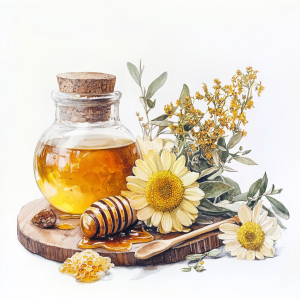
If you had to survive on only 4 items, honey should be one of those items
honey authenticity circulating on the internet, like the water dissolution test or the finger spread test. However, these popular methods are not scientifically reliable and can lead to false conclusions. Instead, there are better ways to assess the quality of your honey. Look for credible certifications or seek out local, trusted sources. A quick check of the ingredient list can be revealing – pure honey should only list honey as an ingredient, nothing else. Natural crystallization over time can be a good sign, although keep in mind that lack of crystallization doesn’t necessarily mean the honey is fake. Lastly, be wary of honey that’s unusually cheap. High-quality honey is typically more expensive to produce, so if a deal seems too good to be true, it probably is. By using these guidelines, you can be more confident in the quality of the honey you’re adding to your long-term storage.
Stay Way From Powdered Honey
Now, you might come across powdered honey in #10 cans marketed for long-term storage. But here’s the thing: why bother with powdered honey when natural honey already has an eternal shelf life? Powdered honey is heavily processed, often with additives to prevent caking, and lacks many of the beneficial properties of raw honey. It’s an unnecessary compromise when the real thing stores so well on its own.
Choosing the right honey is just the beginning for preppers looking to maximize honey’s potential in their survival strategy. Store it in a cool, dry place in airtight containers to maintain its quality. Don’t be alarmed by crystallization – it’s natural and might even indicate higher quality. Use honey not just as a sweetener, but as a potential medicinal resource in your emergency kit. Remember that darker honey types generally have more antioxidants and a stronger flavor. When handling your honey, avoid using metal utensils as they can damage the beneficial enzymes. Opt for wood, glass, or food-grade plastic utensils instead.
How Much Honey To Store for Preparedness?
When it comes to determining how much honey to store in your prepper pantry, it’s essential to consider more than just dietary needs. While individual consumption can vary widely, a general guideline for a prepper’s stockpile might be about 2 to 3 pounds of honey per person per month. This amount accounts for both dietary use and potential medicinal applications. For dietary purposes, the average person might consume about 1 pound of honey per month if used regularly as a sweetener or energy source. (You’ll need to store more if you’re using it for making bread and such.) The additional 1 to 2 pounds allow for medicinal uses, such as wound care or soothing sore throats, as well as providing a buffer for increased energy needs in a survival situation. Remember, honey’s eternal shelf life means you don’t have to worry about it going bad, so erring on the side of having more is generally a safe bet. Adjust this amount based on your family’s specific needs and usage patterns, and don’t forget to factor in honey’s potential as a valuable trade item in long-term emergency scenarios.
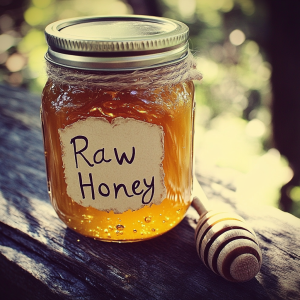
Local raw honey is great for allergies
Honey truly is nature’s liquid gold. Its eternal shelf life, nutritional benefits, and medicinal properties make it an invaluable addition to any prepper’s pantry. (Isn’t God amazing?!) By understanding how to choose, store, and use honey properly, you’re adding a versatile and valuable resource to your preparedness arsenal. So the next time you’re updating your stockpile, make sure to give honey the sweet spotlight it deserves. In a world of uncertainty, it’s comforting to know that this golden elixir will always have your back, come what may.




